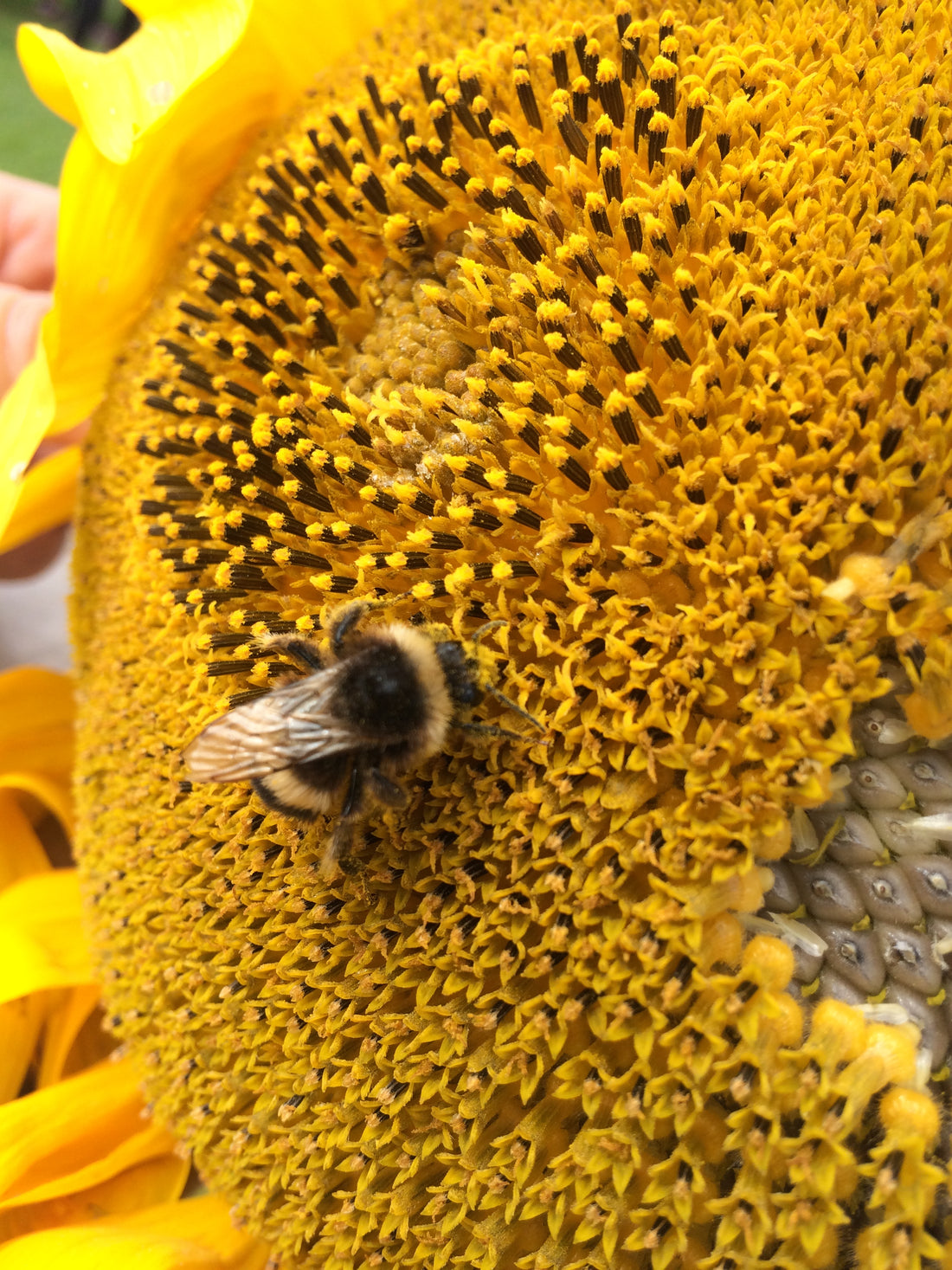New studies from the University of Oxford reveal concerning insights about the interconnected challenges facing bees and our environment. One study finds that bumblebees, crucial pollinators for agricultural crops, are unable to taste lethal levels of pesticides present in nectar. This inability places them at high risk of exposure, posing a significant threat to crop pollination. Despite their usual adeptness at tasting and differentiating sugary solutions, these bees cannot detect and avoid common pesticides, as indicated by electrophysiology experiments tracking neuron responses in their 'tastebuds.'
Lead author Dr. Rachel Parkinson emphasises the importance of these findings, stating that, "As bumblebees cannot taste pesticides and don't experience immediate negative consequences from drinking them, they likely would not be able to avoid consuming nectar contaminated with pesticides in the field." This revelation underscores the need for alternative approaches, suggesting the potential for non-toxic compounds as 'bee deterrents' on pesticide-treated crops.
Another critical concern relates to glyphosate, the active ingredient in herbicide products widely used in agriculture and public settings. Glyphosate has surprising connections to cancer, impacting both human health and the well-being of bees. Recent studies, such as those conducted at the University of Washington, reveal a link between high and prolonged exposure to glyphosate and an increased risk of developing non-Hodgkin lymphoma. The Food and Drug Administration found glyphosate residue on 59% of tested corn and soy samples, raising concerns about its prevalence in our food supply.
The impact of glyphosate extends to bees, affecting their gut microbiota and making them more vulnerable to diseases. Studies also indicate that glyphosate residues on plants alter bee foraging behaviour, making them less attracted to flowers exposed to the herbicide. Beyond bees, glyphosate has environmental repercussions, altering soil properties and potentially endangering humans and other animals through toxic byproducts.
The interconnectedness of bees, our food supply, and glyphosate emphasises the need to reassess and reduce our reliance on this herbicide. The potential risks to human health, the environment, and the essential role of bees in food production underscore the urgency of finding sustainable alternatives.
#BiodiversityMatters #Sustainability #MissionZero2031 #BNG#beethechange #beeconservation #beeinnovation#environmentalconsulting #sustainability #environmentalmanagement#greenestatemanagement #honey #environmentalconsulting #beehives#beehiverental #wellness #pollen #ecological #pollination#sustainabledevelopment #ecological #biodiversity
https://elifesciences.org/reviewed-preprints/89129v2

